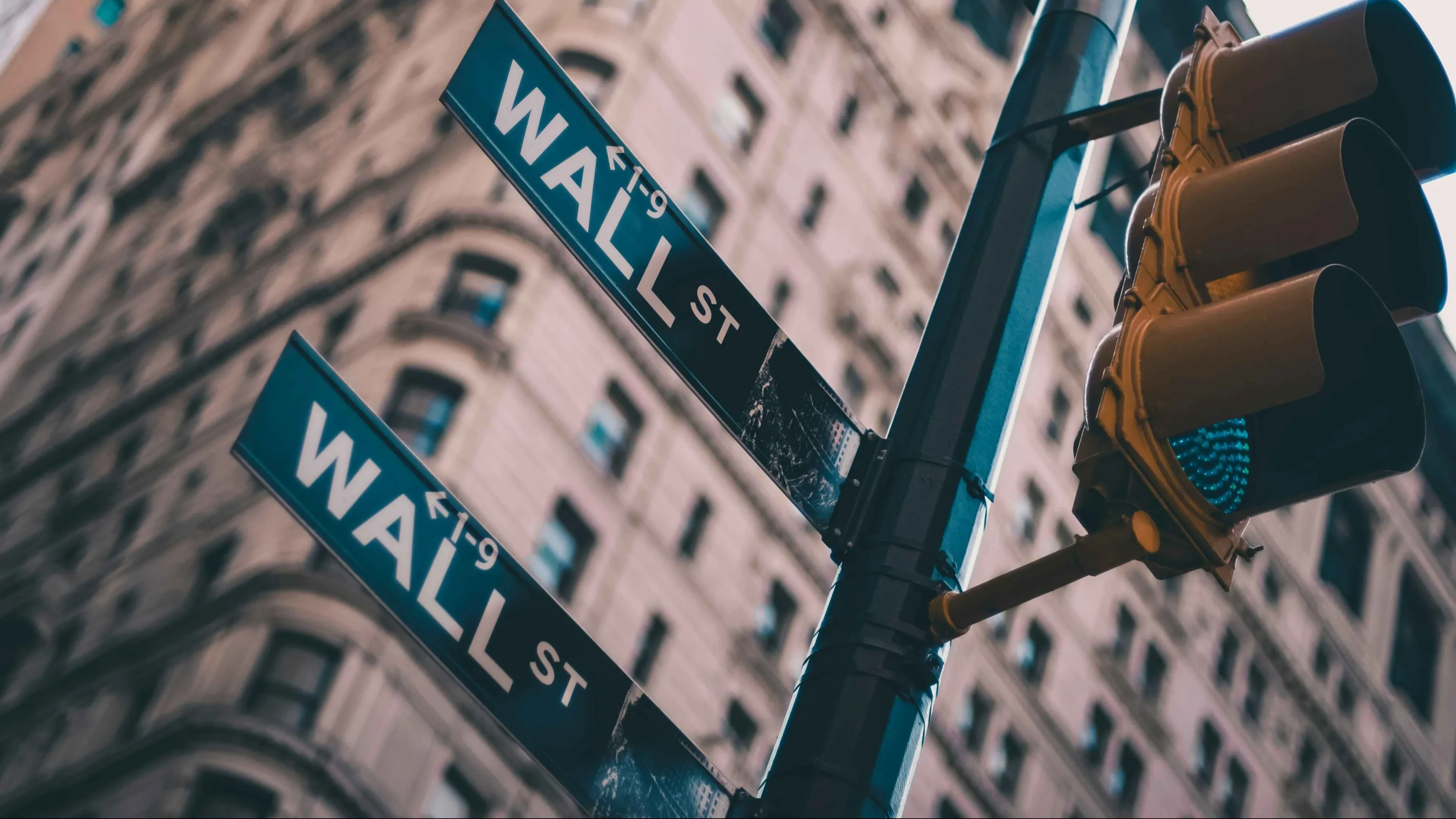Overheating signal: more than 90% of managers think US stocks are overvalued
The rally in U.S. stocks that began in the spring could turn into a bubble, Bank of America warns

More than 90% of fund managers believe U.S. stocks are overvalued, a record high since 2001. At the same time, investment banks, including Citigroup, expect further growth of the S&P 500 by the end of the year. Against the backdrop of investor optimism, Bank of America warns of bubble risks.
Details
From July 31 to August 7, Bank of America surveyed 169 asset managers with $413 billion in assets. 91% of respondents said U.S. stocks are too expensive - a result the bank hasn't recorded in more than two decades, Bloomberg writes.
Investor optimism reached its highest level since February: the share of cash in portfolios fell to a historically low level of 3.9% of assets under management, while investments in equities rose, Investing.com notes. By historical standards, such indicator is considered as a signal to sell securities, specifies Bloomberg.
In terms of investment structure, the global "overweight" in equities amounted to a net 14% - the highest since February. Investors reallocated funds from Europe to emerging markets, where the "overweight" reached 37%, a record high since February 2023, as well as to the utilities, energy and financials sectors, Investing.com reported .
The most popular deal among investors was a long on the "Magnificent Seven" of major tech companies - chosen by 45% of survey participants. The majority (52%) do not believe there is a bubble brewing in the AI market, and 55% are confident that AI is already improving performance.
BofA strategist Michael Hartnett noted that the current rally could overheat and turn into a bubble if monetary policy and financial regulation in the U.S. is eased.
What the analysts are saying
The rally in the U.S. stock market has been going on since April 2025. The S&P 500, the market's key index, is now trading well above its 10-year average. The last time such an overheated valuation level was seen was in 2001, just before the dot-com crash, Bloomberg recalls .
At the pre-market on August 11, the main benchmark of the U.S. stock market was at 6,389 points, demonstrating growth of 0.8%. On July 31, the index renewed its all-time high, reaching 6,427 points intraday.
Amid the rally, Citigroup raised its year-end forecast for the S&P 500 to 6,600 points on Aug. 11, raising expectations on the back of solid corporate earnings and favorable fiscal measures, Reuters writes.
In turn, Société Générale forecasts growth to 6900 points by the end of 2025. In early August, the bank warned that the growth of the index to 7,500 points would signal a bubble comparable to the dot-com era, Business Insider points out.
At the same time, concerns about market overheating, which BofA analysts are talking about, are also confirmed by the so-called Buffett index - the ratio of total capitalization of the U.S. stock market to U.S. GDP, notes The Motley Fool. Historically, this index has fluctuated between 90-135%, but it has now reached a record 207%, exceeding even the peak of late 2021 (194%), which was followed by a strong correction. Traditionally, a level above 100% is considered a sign of overvaluation, while 200% is a signal that the value of the market is twice the size of the economy.
Against the backdrop of such valuations, investment company Berkshire Hathaway remains a net seller for the 11th consecutive quarter, reducing positions in a number of banks, including Bank of America, Citigroup and Capital One. At the same time, Buffett is not leaving the market entirely - he recently invested $549 million in Domino's Pizza, believing that the business is sustainable even in a downturn.
This article was AI-translated and verified by a human editor
